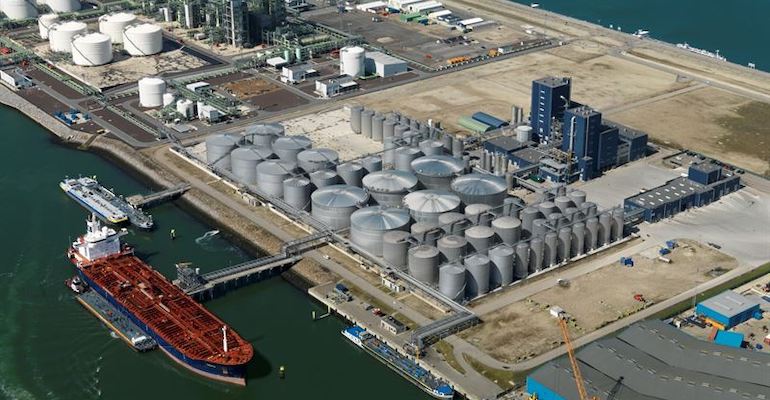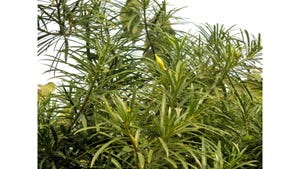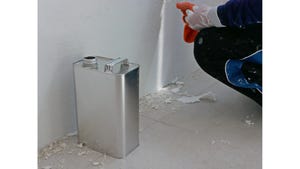Renewable Fuels Firm Buys Refinery Plant from Bunge
Neste is acquiring Bung Loders Croklaan’s refinery facility in Rotterdam, the Netherlands in a €258 million deal.
November 3, 2020

Renewable fuels producer Neste has entered into an agreement to purchase a refinery plant in Rotterdam, the Netherlands from Bunge Loders Croklaan for €258 million, or about $302 million, a company release announced Tuesday.
Located next to Neste’s existing biorefinery, Bunge’s refinery plant features a pretreatment facility, tank farm, jetties, and includes a pipeline to the Neste facility.
“The acquisition of the refinery plant supports our global growth strategy in renewables. It allows us to accelerate the scaling up of our renewable raw material pretreatment capacity, which is an important driver for expanding the use of waste and residue feedstocks and increasing our feedstock flexibility,” said Neste President and CEO Peter Vanacker in a statement. “We are committed to increasing the share of waste and residues in our renewables feedstock mix to 100% by 2025 and to grow our production platform to enable over 20 million tons of greenhouse gas reductions for our customers by 2030.”
Neste has been working to boost its output of renewables from 3.2 to 4.5 million tn in the first quarter of 2023. The company said the new facility will add pretreatment capacity and terminal infrastructure that will support its capacity expansion plans.
The company also acquired a terminal in Rotterdam this year for storage, refining, and blending of renewable waste and residue-based raw materials.
Bunge and Neste expect the transaction to close following the completion of customary closing conditions and regulatory approvals. The facility is expected to start processing Neste’s feedstock by the end of 2024.
About the Author(s)
You May Also Like



